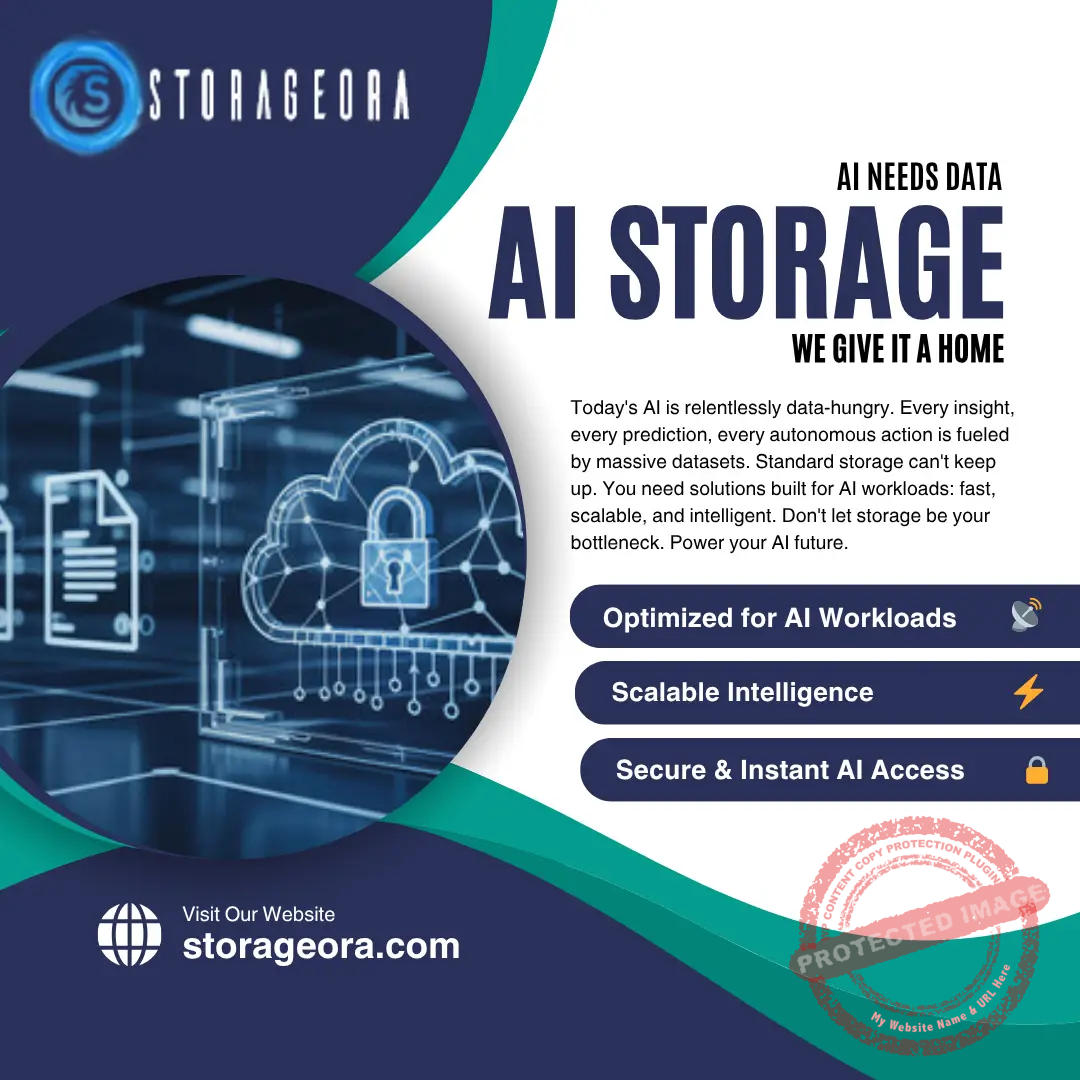Turning Information into Capital—How Data Has Become the Currency of the Digital Age.
The Dawn of the Data Economy
In the 20th century, oil powered industrial growth. In the 21st, data is the new oil—but with far greater value, scalability, and complexity. Every click, transaction, and sensor reading generates digital exhaust that fuels what economists now call the Data Economy.
In this economy, information is not just a byproduct—it’s a strategic asset and a tradable commodity. Organizations that can collect, refine, analyze, and protect data effectively are redefining competitive advantage, while those that can’t are being left behind.
The global data economy is now estimated to exceed $3 trillion in annual value, with data-driven enterprises consistently outperforming their peers in innovation, efficiency, and profitability.
Data as Capital: The New Economic Asset
Just as traditional assets include real estate, patents, and intellectual property, data has emerged as a quantifiable form of capital.
Data assets generate measurable value by enabling:
-
Personalized Customer Engagement: Using data insights to drive loyalty and retention.
-
Operational Optimization: Streamlining workflows through predictive analytics.
-
Innovation and R&D: Accelerating product design through simulation and digital twins.
-
Risk Reduction: Anticipating market changes and disruptions.
The shift toward data capital requires new financial models, accounting standards, and valuation frameworks to recognize information as a balance-sheet asset—not just a business tool.
Monetizing Data: From Insights to Revenue
Data monetization takes two primary forms:
-
Direct Monetization: Selling data, insights, or analytics to partners, marketplaces, or consumers.
-
Example: Financial institutions offering market trend datasets.
-
Example: Telecom companies selling anonymized mobility data to city planners.
-
-
Indirect Monetization: Using data to improve business performance or reduce costs.
-
Example: Predictive maintenance saving millions in operational downtime.
-
Example: Retailers optimizing pricing and supply chains through AI analytics.
-
Cloud platforms and Data Marketplaces (like AWS Data Exchange, Snowflake Marketplace, and Google Cloud Analytics Hub) are enabling secure, compliant, and scalable ways for organizations to trade data as a commodity.
Governance: The Foundation of Data Value
Without proper governance, data quickly turns from an asset into a liability. Robust data governance frameworks are essential to ensure quality, security, and ethical use.
Key governance principles include:
-
Data Lineage: Understanding where data originates and how it changes.
-
Quality Control: Ensuring accuracy, completeness, and consistency.
-
Compliance: Meeting legal obligations under GDPR, CCPA, and other privacy laws.
-
Access Control: Defining who can use which data, and for what purpose.
-
Stewardship: Assigning responsibility for data management and accountability.
Governance transforms data from chaotic information into trusted capital—fit for business decisions, analytics, and monetization.
The Role of AI and Automation in the Data Economy
Managing petabytes of constantly changing information requires automation and intelligence.
AI-powered data management systems handle:
-
Automated data classification and tagging.
-
Real-time anomaly detection and quality improvement.
-
Policy enforcement for security and compliance.
-
Predictive data lifecycle management to archive or purge assets efficiently.
These tools make it possible to maintain data ecosystems at scale—ensuring that information remains both valuable and compliant as regulations and market conditions evolve.
Building Trust in the Data Marketplace
As data becomes a tradable commodity, trust becomes the new currency. Companies must demonstrate that their data is reliable, ethically sourced, and used responsibly.
Emerging standards like ISO/IEC 38505 (Data Governance) and EDMC’s DCAM (Data Management Capability Assessment Model) help establish credibility and interoperability between organizations.
In parallel, blockchain and decentralized identity frameworks are enhancing data provenance and auditability, ensuring every transaction in the data economy is transparent and verifiable.
The Rise of Data Ecosystems and Partnerships
No single organization can thrive in isolation within the data economy. Enterprises are forming data-sharing partnerships across industries—creating collaborative ecosystems that amplify insight.
For example:
-
Automotive manufacturers share mobility data with cities to improve traffic management.
-
Healthcare providers collaborate securely to enhance precision medicine.
-
Energy firms exchange grid performance data to balance renewable energy loads.
These ecosystems represent the network effect of data—where shared intelligence generates value far greater than the sum of individual datasets.
Closing Thoughts and Looking Forward
The data economy represents a seismic shift in how businesses create, measure, and exchange value. As data becomes the universal currency of innovation, organizations must master the art of monetization with governance—balancing opportunity with responsibility.
The winners of this new economy will not be those who collect the most data, but those who understand it best—transforming digital information into trusted, ethical, and actionable capital.
The future of business belongs to those who see data not as a cost—but as the core of economic intelligence itself.
References
-
“The Rise of the Data Economy” – World Economic Forum
https://www.weforum.org/agenda/2024/07/the-rise-of-the-data-economy -
“How to Monetize Data Effectively” – Harvard Business Review
https://hbr.org/2024/09/how-to-monetize-data-effectively -
“The Value of Data: Measuring and Managing Digital Assets” – McKinsey & Company
https://www.mckinsey.com/capabilities/quantumblack/our-insights/the-value-of-data -
“Data Marketplaces and the Future of Information Exchange” – Gartner Insights
https://www.gartner.com/en/articles/data-marketplaces-and-the-future-of-information-exchange -
“Data Governance for the Digital Economy” – Deloitte Insights
https://www.deloitte.com/insights/data-governance-for-the-digital-economy
Author: Serge Boudreaux – AI Hardware Technologies, Montreal, Quebec
Co-Editor: Peter Jonathan Wilcheck – Miami, Florida
Post Disclaimer
The information provided in our posts or blogs are for educational and informative purposes only. We do not guarantee the accuracy, completeness or suitability of the information. We do not provide financial or investment advice. Readers should always seek professional advice before making any financial or investment decisions based on the information provided in our content. We will not be held responsible for any losses, damages or consequences that may arise from relying on the information provided in our content.





 AMD
AMD TMC
TMC IE
IE MSI
MSI NOK
NOK DELL
DELL ECDH26.CME
ECDH26.CME